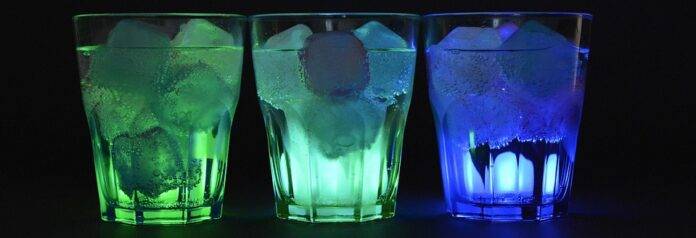Importance of Sterilization in Juice Based and Low Acid Drinks
Introduction
Sterilization is a critical process in the production of juice based and low acid drinks to ensure the safety and quality of the final product. This report will delve into the reasons why sterilization is essential in this industry, the financial implications of not implementing proper sterilization practices, and insights into how companies are incorporating sterilization into their manufacturing processes.
Ensuring Safety and Quality
One of the primary reasons why sterilization is crucial for juice based and low acid drinks is to eliminate harmful bacteria, pathogens, and microorganisms that can contaminate the product. Without proper sterilization, these contaminants can proliferate in the drink, leading to foodborne illnesses and affecting the overall quality of the beverage.
According to the Food and Drug Administration (FDA), the heat treatment used in sterilization processes helps destroy harmful bacteria like E. coli, Salmonella, and Listeria, ensuring that the final product is safe for consumption. By implementing rigorous sterilization methods, companies can guarantee the safety and quality of their drinks, protecting consumers from potential health risks.
Financial Implications
The failure to implement proper sterilization practices can have significant financial implications for companies in the juice based and low acid drinks industry. In the event of a foodborne illness outbreak linked to a contaminated product, companies can face costly recalls, lawsuits, and damage to their brand reputation.
According to a report by the Grocery Manufacturers Association, the average cost of a food recall for a company is $10 million, not including the potential long-term effects on consumer trust and loyalty. By investing in sterilization equipment and processes, companies can minimize the risk of contamination and avoid these costly consequences.
Industry Insights
Many companies in the juice based and low acid drinks industry have recognized the importance of sterilization and have implemented advanced technologies to ensure the safety and quality of their products. For example, leading juice companies like Tropicana and Naked Juice use high-pressure processing (HPP) and pasteurization techniques to sterilize their beverages.
HPP is a non-thermal sterilization method that uses high pressure to inactivate harmful bacteria while preserving the nutrients and flavor of the drink. This technology has become increasingly popular in the industry due to its effectiveness in eliminating pathogens without compromising the product’s quality.
Conclusion
In conclusion, sterilization is a critical process in the production of juice based and low acid drinks to ensure the safety and quality of the final product. By investing in proper sterilization equipment and processes, companies can protect consumers from foodborne illnesses, avoid costly recalls and lawsuits, and maintain their brand reputation in the competitive beverage market.
Overall, the incorporation of sterilization technologies like HPP and pasteurization is essential for companies looking to meet the stringent safety standards of the industry and deliver high-quality products to consumers.




